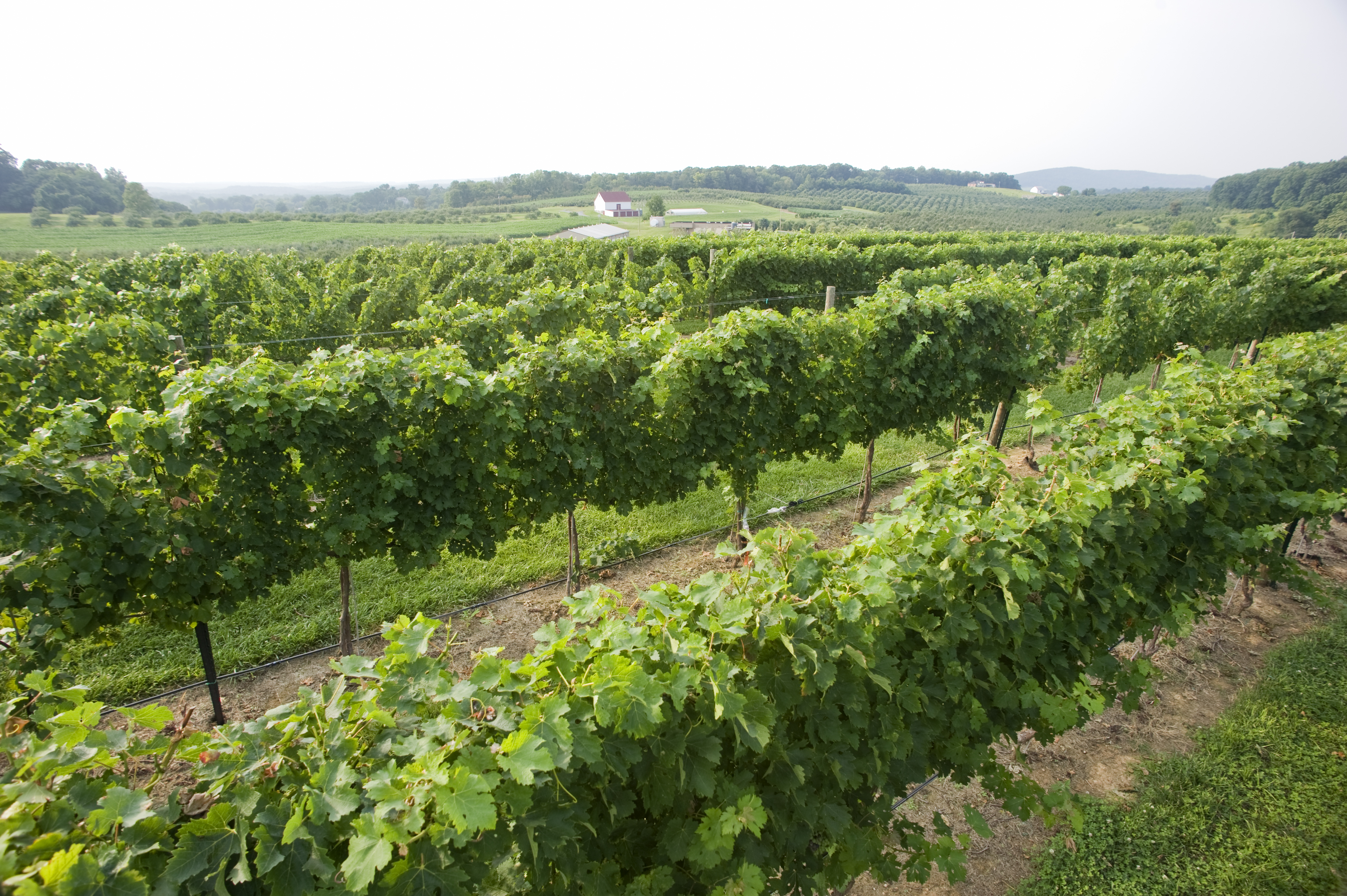Wine industry workforce center could boost economic development, Virginia Tech study shows

A workforce education center would give a needed boost to the wine industry in Loudoun County, near Washington, D.C., a Virginia Tech study confirms.
The Virginia Tech team surveyed owners and managers of more than 100 wineries and vineyards in Northern Virginia who identified a need for better marketing acumen to promote the industry. The industry representatives also wanted to see improved quality of grapes to boost Virginia wines' appeal to aficionados beyond the commonwealth.
The team, led by the Office of Economic Development, included experts from Virginia Tech’s Department of Agricultural and Applied Economics, the Department of Food Science and Technology, Virginia Cooperative Extension, and the university-affiliated VT KnowledgeWorks, as well as Bruce Zoecklein, Virginia Tech professor emeritus.
Local government leaders in Purcellville, Virginia, joined with leaders in Loudoun County and the regional wine industry to propose creating a Viticulture and Enology Education Center. The center would help solve problems uncovered in the survey and also create the more qualified workforce necessary produce high-quality wines on a large scale.
The center would be the first of its kind in Virginia, says Sarah Lyon-Hill, a specialist with the Office of Economic Development. Two similar programs, one in New York and the other in North Carolina, are based at community colleges.
"The five-year business plan calls for raising funds and curriculum development to offer a one-year trial program, and leaders in Purcellville are working to deepen their relationships with industry and educators in Northern Virginia Community College," Lyon-Hill says.
The study team endorsed the idea, recommending that the curriculum begin with a focus on viticulture techniques to increase the quality and quantity of grapes. Areas of instruction might include vineyard site selection and design, cultivar and clone selection, trellis construction, plant pathology, and canopy management.
Funding for the study came from the Governor's Agriculture and Forestry Industries Development Fund.
Virginia Tech supports the commonwealth's wine-growing industry in other ways.
- The university's Center for Geospatial Information Technology developed the East Coast Viticulture Suitability tool, which helps vintners select the best spots for planting a vineyard according to soil composition, draining, topography, and weather data.
- Virginia Cooperative Extension supports grape growers and enologists through the Department of Food Science and Technology’s enology program, which helps winegrowers improve quality of Virginia wines. Research also is conducted at the Alson H. Smith Jr. Agricultural Research and Extension Center in Winchester, Virginia, related to cultivation and plant diseases.
Dedicated to its motto, Ut Prosim (That I May Serve), Virginia Tech takes a hands-on, engaging approach to education, preparing scholars to be leaders in their fields and communities. As the commonwealth’s most comprehensive university and its leading research institution, Virginia Tech offers 240 undergraduate and graduate degree programs to more than 31,000 students and manages a research portfolio of $513 million. The university fulfills its land-grant mission of transforming knowledge to practice through technological leadership and by fueling economic growth and job creation locally, regionally, and across Virginia.




